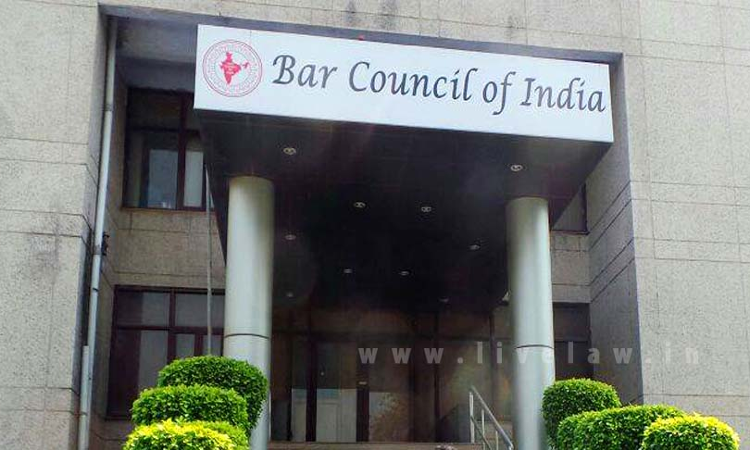Breaking: One Year LL.M. Course To Be Abolished In India, New Admission Test To Be Introduced
LIVELAW NEWS NETWORK
5 Jan 2021 9:56 PM IST

Next Story
5 Jan 2021 9:56 PM IST
The new Bar Council of India Legal Education (Post Graduate, Doctoral, Executive, Vocational, Clinical and other Continuing Education) Rules, 2020, seeks to abolish One year Master Degree in Law (LL.M.) in India.A Master Degree Program in Law of one year duration introduced in India in 2013(as per notification) by the University Grants Commission shall remain operative and valid until...
